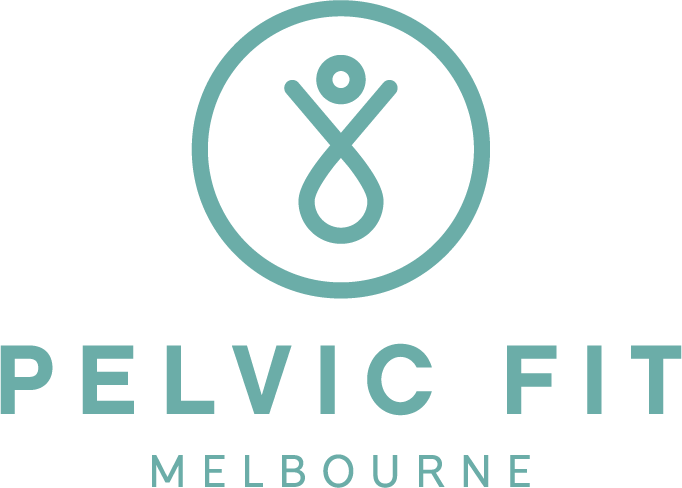Pelvic Organ Prolapse
Are you experiencing vaginal heaviness or a bulge sensation? Can Pelvic Floor Physiotherapy help you?
Pelvic organ prolapse (POP) refers to the downward displacement of the bladder (cystocele), bowel (rectocele) or uterus into the vagina. The pelvic organs are usually held in place by support structures; ligaments and the pelvic floor muscles. When the integrity of these ligaments or muscles are compromised (i.e. from childbirth, chronic constipation), the pelvic organs are at risk of bulging (prolapsing) into the vagina. Over 50% of all women who have had a child will have some degree of prolapse.
Symptoms:
Vaginal heaviness/ bulging sensation
Vaginal lump/ bulge
Dragging
"Sitting on a golf ball"
Worse by end of day
Worse with prolonged standing
Bladder prolapse: Difficulty and/or incomplete bladder emptying completely, recurring UTIs
Rectal prolapse: Difficulty and/or incomplete bowel emptying, digital pressure to perineum or vagina is sometimes necessary to assist with evacuation
Risk factors for prolapse:
Pregnancy/ childbirth
Obesity
Menopause
Ageing
Family history
Chronic constipation
Chronic respiratory illness (i.e. Asthma)
Overweight/ obesity
Heavy lifting
High impact exercise
Poor/ weak pelvic floor muscle integrity
Certain connective tissue disorders (i.e. joint hypermobility syndrome, Marfan Syndrome, Ehlers-Danlos Syndrome)
There is strong evidence to support pelvic floor muscle training as first line treatment for mild and moderate pelvic organ prolapse. Addressing the above modifiable risk factors can also help to provide symptomatic relief of prolapse symptoms.
Click Here to see our appointment options.
Book an Appointment
To book an appointment, either in-clinic or via Telehealth, click for more information.

